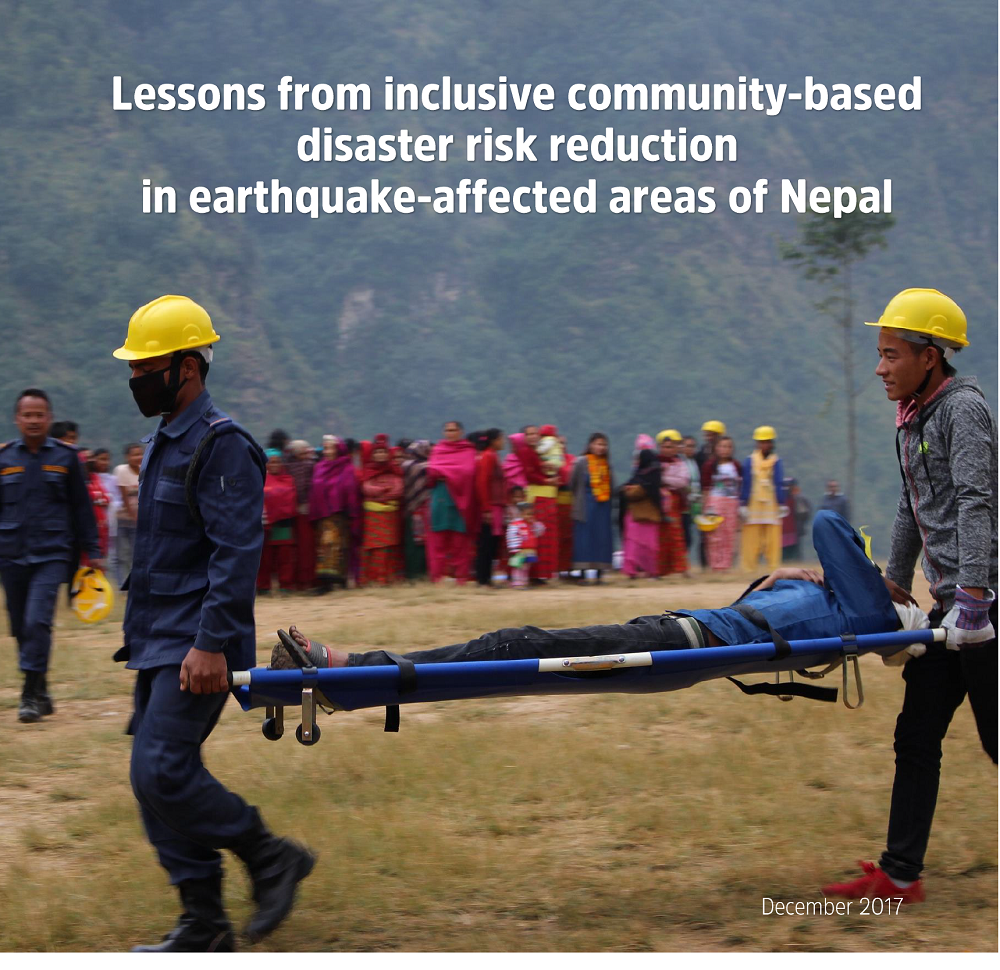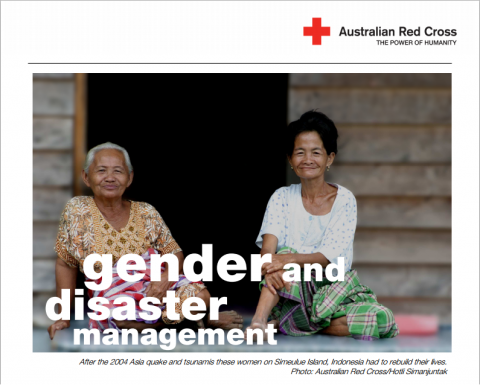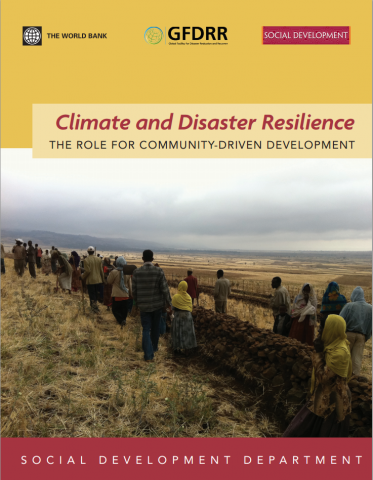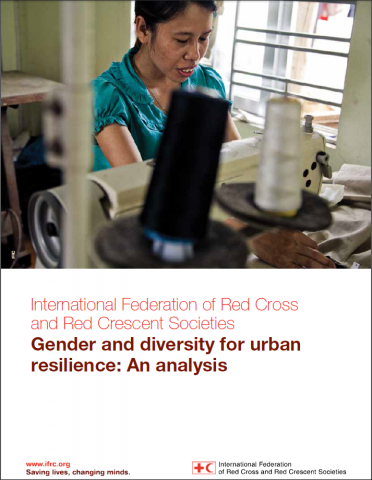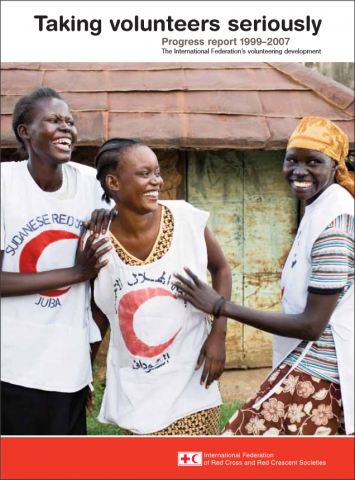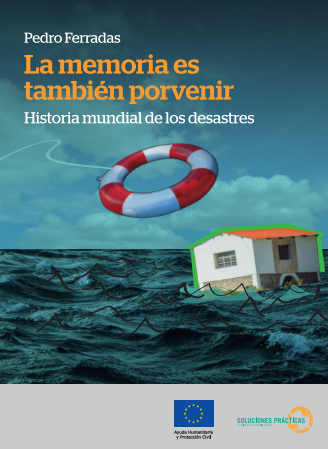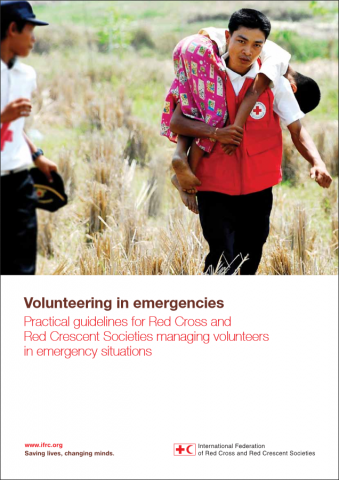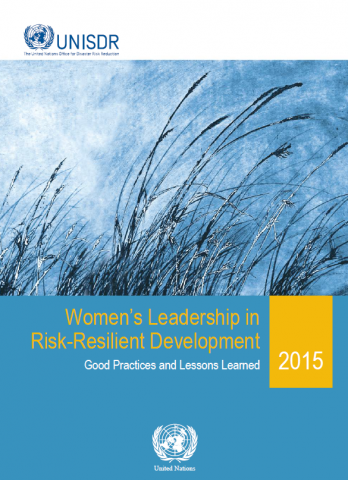Lessons from inclusive community-based DRR in earthquake-affected areas of Nepal
This summary report highlights lessons learned and recommendations for others implementing DRR and resilience programmes in Nepal, drawn from an inclusive community-based disaster risk management (CBDRM) project in four earthquake-affected districts. The project, run by Mission East with partner Save the Children and national and district partners, was funded through the European Commission’s Civil Protection […]
Lessons from inclusive community-based DRR in earthquake-affected areas of Nepal Read More »

